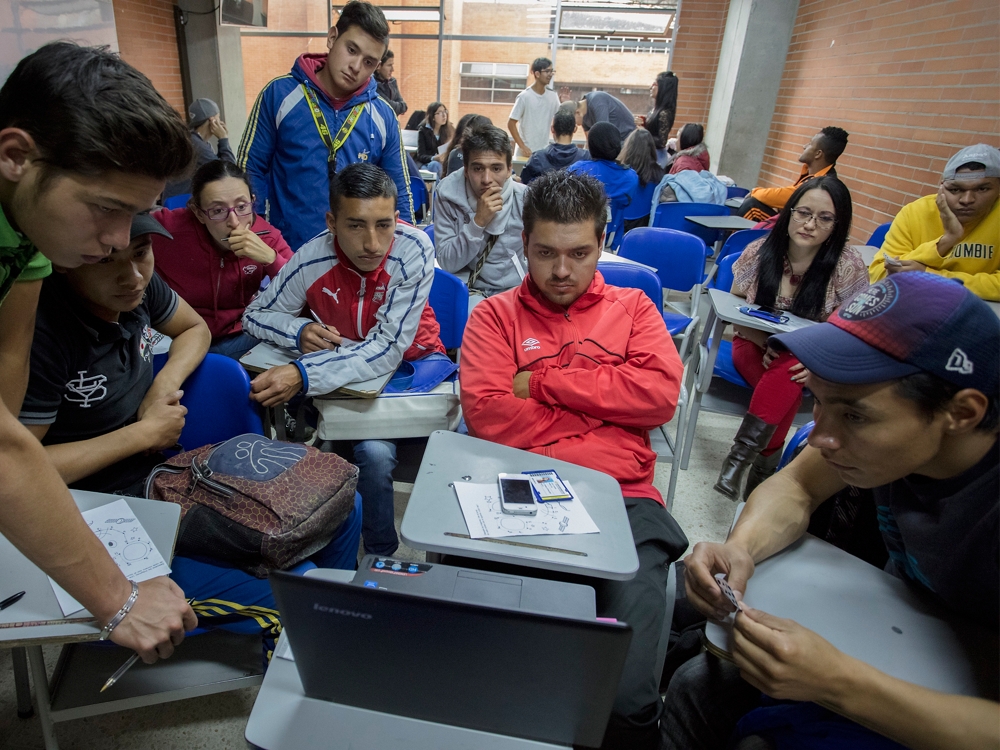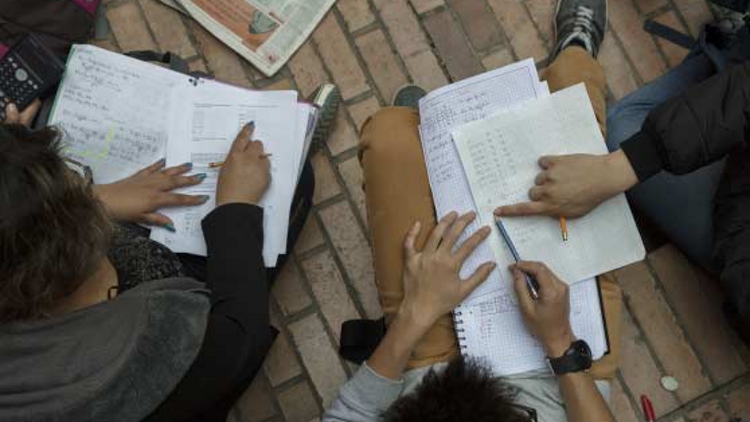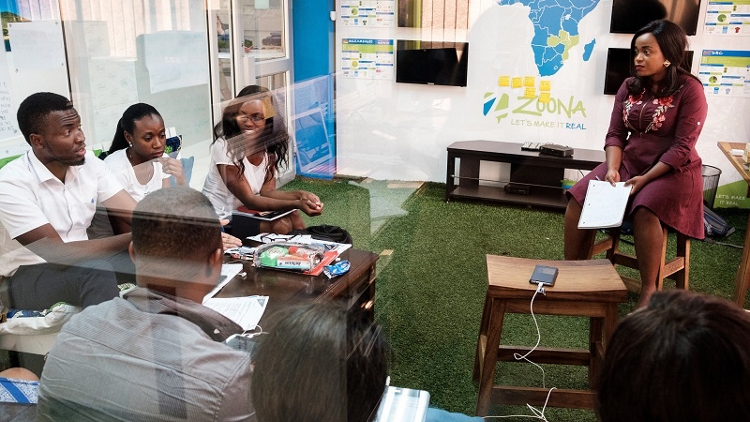- Who We Are
- Download the Report
Who We Are
IFC is the largest global development institution focused on the private sector in developing countries. By encouraging growth, IFC advances economic development, creates jobs and improves the lives of people.
ACCOUNTABILITY
IFC'S ANNUAL REPORT 2022
- What We Do
What We Do
IFC advances economic development and improves the lives of people by encouraging the growth of the private sector in developing countries. We achieve this by investing in impactful projects, mobilizing other investors, and sharing expertise.
SOLUTIONS
- Where We Work
Where We Work
As the largest global development institution focused on the private sector, IFC operates in more than 100 countries around the globe. We apply lessons learned in one region to solve problems in another.
- Our Impact
Our Impact
Our impact improves lives. IFC brings a clear set of advantages to the world’s most challenging markets. Including a history of innovation, a global mandate, and a determination to achieve measurable development impact.
PRINCIPLES & MEASUREMENT
- Work With Us
Work With Us
Owned by 186 member countries and consistently rated AAA/Aaa. IFC aims to achieve our mission of promoting development by providing debt and equity to the private sector, through a range of benchmark and bespoke products.
INFORMATION FOR
GET IN TOUCH





